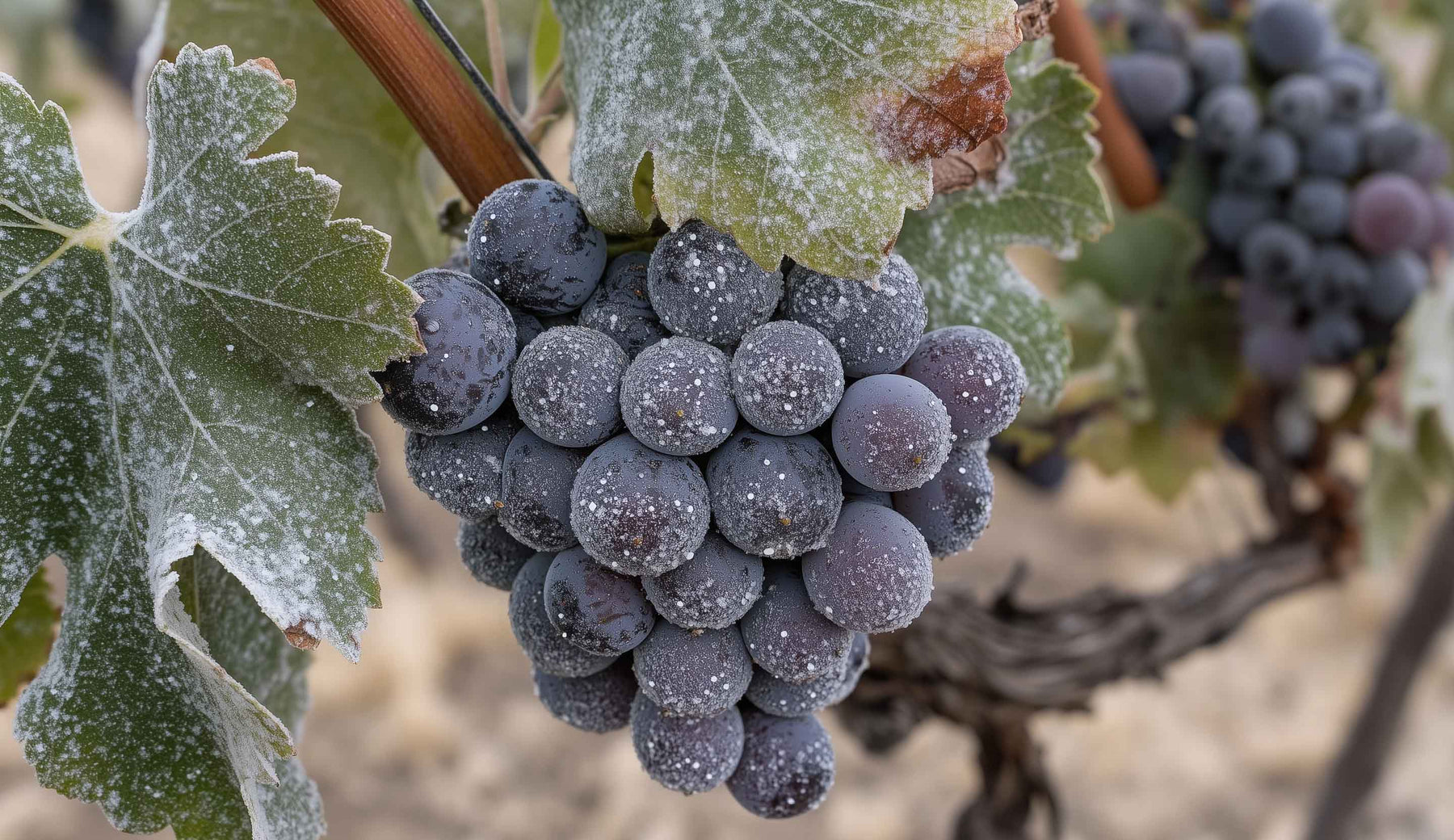By Timothy James | October 18, 2024 | 5 min read
In the sun-drenched vineyards of France, the 2024 vintage is shaping up to be a testament to the resilience and ingenuity of the country's esteemed winemakers. As the harvest season unfolds, industry insiders are abuzz with speculation about what this year's yield will mean for production and quality alike.
Julia Mikel Bord, a respected winemaker and industry commentator, offers a nuanced perspective on the much-discussed 2024 vintage. While some headlines have dramatically declared this year's production to be "one of the smallest vintages in a century," Bord suggests that the reality is more complex and, perhaps, less dire than it might appear at first glance.
The challenges facing French vintners this year are indeed significant. Unusually wet conditions have plagued many of the country's most renowned wine regions, from the rolling hills of Burgundy to the sprawling vineyards of the Loire Valley. This excess rainfall has led to a double-edged sword of complications: reduced pollination during the critical flowering period and the proliferation of mildew, a fungal nemesis that can decimate both leaves and fruit.

The impact of these conditions varies across regions. Champagne, the jewel in France's viticultural crown, anticipates a 16% reduction in crop compared to the previous year. The situation appears even more challenging in Burgundy and Beaujolais, where estimates suggest a 25% decrease. Even the cognac-producing regions have not been spared from Mother Nature's capricious moods.
However, Bord cautions against overly pessimistic interpretations of these figures. She points out that France's wine production has been on a gradual decline since the 1980s, largely due to changing consumption habits among the French populace. In this context, the projected output of 3.9 billion litres for 2024 – equivalent to a staggering 5 billion bottles – while lower than the five-year average, is not unprecedented in recent history.
For the discerning wine enthusiast, the question naturally arises: how will this affect the quality and availability of French wines? Bord reassures that while quantity may be diminished, quality remains paramount for French winemakers. The very conditions that challenge quantity – cooler, Atlantic-influenced climates – are also responsible for the finesse and complexity that have made French wines the benchmark of excellence for centuries.
Moreover, the reduced yield is unlikely to significantly impact wine prices in the short term. A global trend of decreasing wine consumption has resulted in an oversupply situation that may well cushion the effects of this year's smaller harvest.
As for the quality of the 2024 vintage, it's still too early to make definitive judgments. However, Bord reminds us that skilled winemakers often produce exceptional wines even in challenging years, turning adversity into opportunity through their craft.
For collectors and connoisseurs, the 2024 vintage may well represent a unique chapter in the storied history of French wine. It stands as a testament to the enduring allure of French viticulture – an industry that continues to captivate and surprise, vintage after vintage, despite the growing challenges posed by a changing climate.


Leave a comment